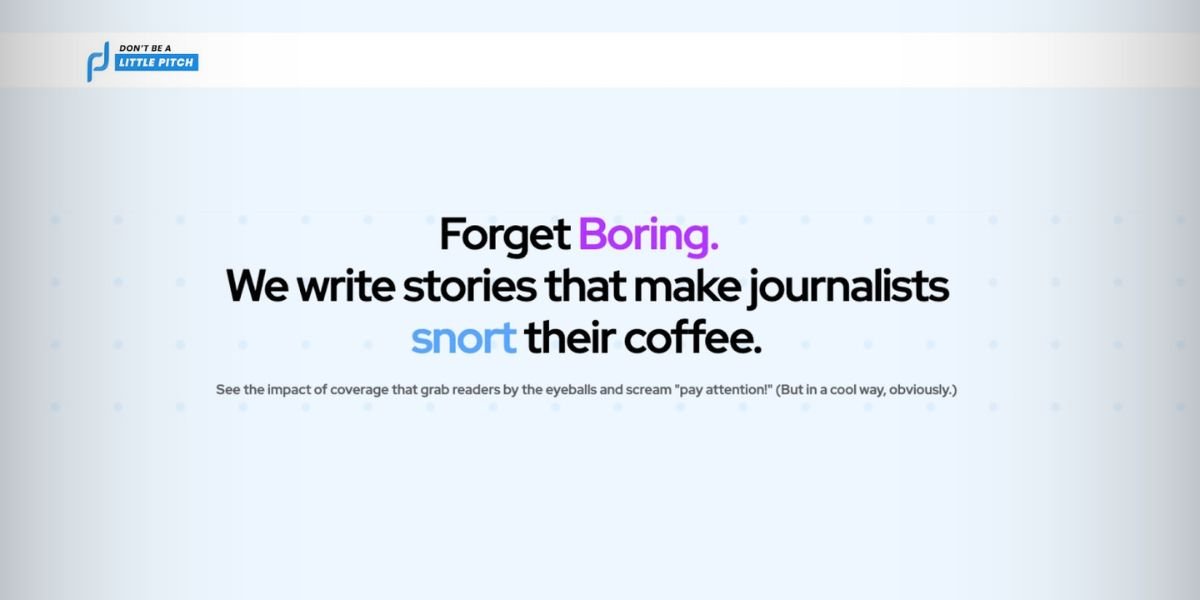How Automating Financial Intelligence Can Transform Auto Shops
In a fast-paced environment like an auto repair shop, keeping a finger on the financial pulse can easily fall by the wayside. Owners and managers often find themselves caught up in day-to-day operations. With so many moving parts—juggling customer appointments, managing technician workloads, and overseeing service quality—financial tracking might not seem like a priority. However, this oversight can lead to significant profit leakage.
WickedFile steps into this scenario as a game-changing solution. By integrating seamlessly with existing management systems, it doesn’t just report on what has already occurred; it predicts and mitigates potential pitfalls before they impact the bottom line. For instance, if a part is ordered but not billed to a customer, WickedFile alerts the owner, allowing corrective action. This oversight typically goes unnoticed until a considerable amount has accumulated, leaving owners wondering where their profits have evaporated.
A compelling statistic from the American Automobile Association (AAA) highlights the urgency for such solutions. As labor and parts costs rise, shops can no longer afford to miss small but significant profit margins. This revelation becomes especially poignant when considering the potential recovery of lost labor. As Bob Saladna points out, capturing just a fraction of that lost revenue, about 5% to 10%, could translate into an extra five thousand to fifteen thousand dollars each month. That’s not just a statistic; that’s a reality check for business owners who might be inadvertently letting their earnings slip.
With WickedFile’s AI-powered analysis, shop owners can cultivate a clearer understanding of their operations. Data points collected from daily activities are transformed into insights that streamline operations and enhance profitability. For example, the platform can show profitability tracked by individual technicians and service advisors, helping identify who’s generating the most value. It also ties in historical trends, allowing managers to develop more accurate forecasts as they plan for the future.
Ultimately, the businesses that choose to leverage this kind of technology are not merely adapting to changing market conditions; they are setting themselves up as frontrunners in an increasingly competitive field. As the industry landscape continues to shift, the adoption of AI and data analytics will separate the thriving shops from those that remain stagnant.
In light of this, now is the opportune moment for auto repair shops to explore tools like WickedFile. By providing daily visibility into essential metrics such as parts usage and team performance, they can mitigate losses and safeguard revenue. If your operations might benefit from increased visibility, consider taking a closer look at how innovative solutions can help put your shop on the path to sustained profitability.
For more information about implementing financial visibility in your auto repair shop, visit WickedFile.com.
The Future of Auto Repair Businesses
The auto repair industry is at a crossroads. As challenges mount from rising costs to declining profit margins, the need for innovative solutions becomes ever more pressing. Auto shops must adapt to remain competitive. Those that embrace technology, specifically AI-driven tools like WickedFile, are likely to gain a significant advantage.
One of the most pressing realities is the increasing complexity of managing auto shops effectively. With more vehicles on the road than ever before and a growing customer base, maintaining profitability hinges on optimizing every aspect of the business. This includes vigilant financial tracking and process streamlining. As competition intensifies, shop owners who can enhance operational transparency will not only safeguard their profits but potentially accelerate their growth.
Making informed decisions based on real-time data is no longer an option; it is essential. Using platforms like WickedFile, which provide specific insights about parts usage and technician efficiency, can translate to smarter inventory management. By ensuring that every part is properly accounted for and billed, shops can close the gaps that lead to unnoticed revenue loss.
In addition, the insights from these platforms can foster a culture of accountability among staff. Technicians aware that their performance is being monitored may take greater care in their work, contributing to higher quality service and better customer retention. Improved service quality leads to greater customer satisfaction, which is invaluable in building a loyal client base.
As the industry evolves, the conversation about profit leakage needs to become part of a broader dialogue about innovation in auto repair. Tools like WickedFile are at the forefront of this change, helping shop owners to not just visualize but understand their financial health at a granular level. This degree of insight encourages proactive management rather than reactive fixes, placing shops on a firm footing for future success.
In conclusion, auto repair businesses today face multiple pressures that can jeopardize their profitability. By leveraging advanced technology designed for enhanced operational transparency and accountability, they can effectively combat profit leakage. For those looking to maximize revenue and streamline operations, now is the time to explore solutions like WickedFile and reclaim control over their financial futures. For further exploration of these innovative solutions, visit WickedFile.com.
Disclaimer: The information provided in this article is for general informational purposes only. The views expressed are those of the author and do not constitute professional or financial advice. Results may vary, and readers are encouraged to consult with relevant professionals before making any business or financial decisions.












